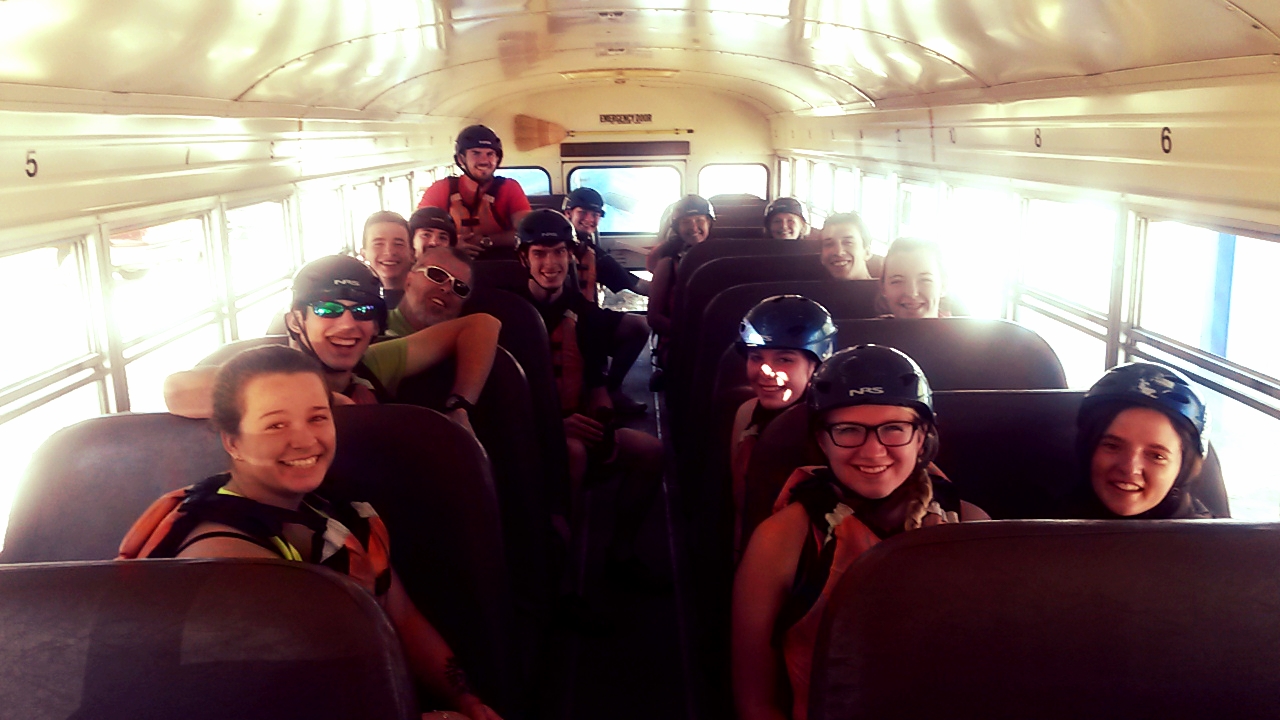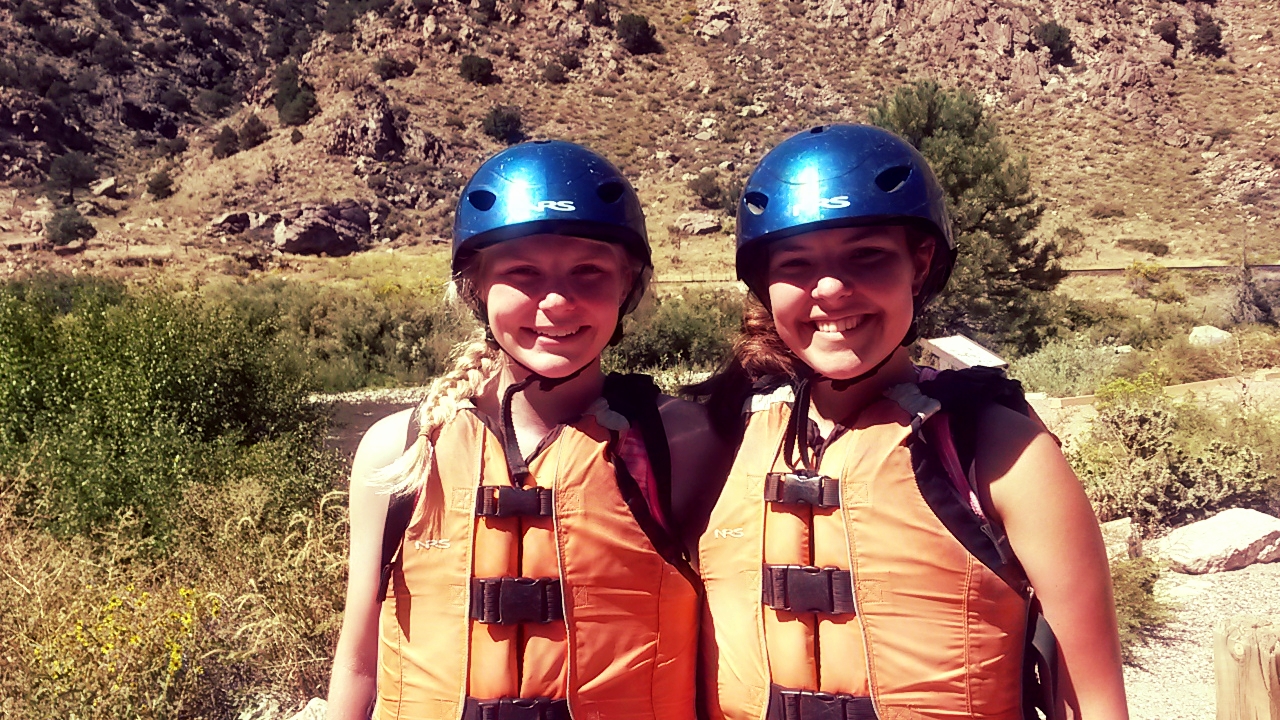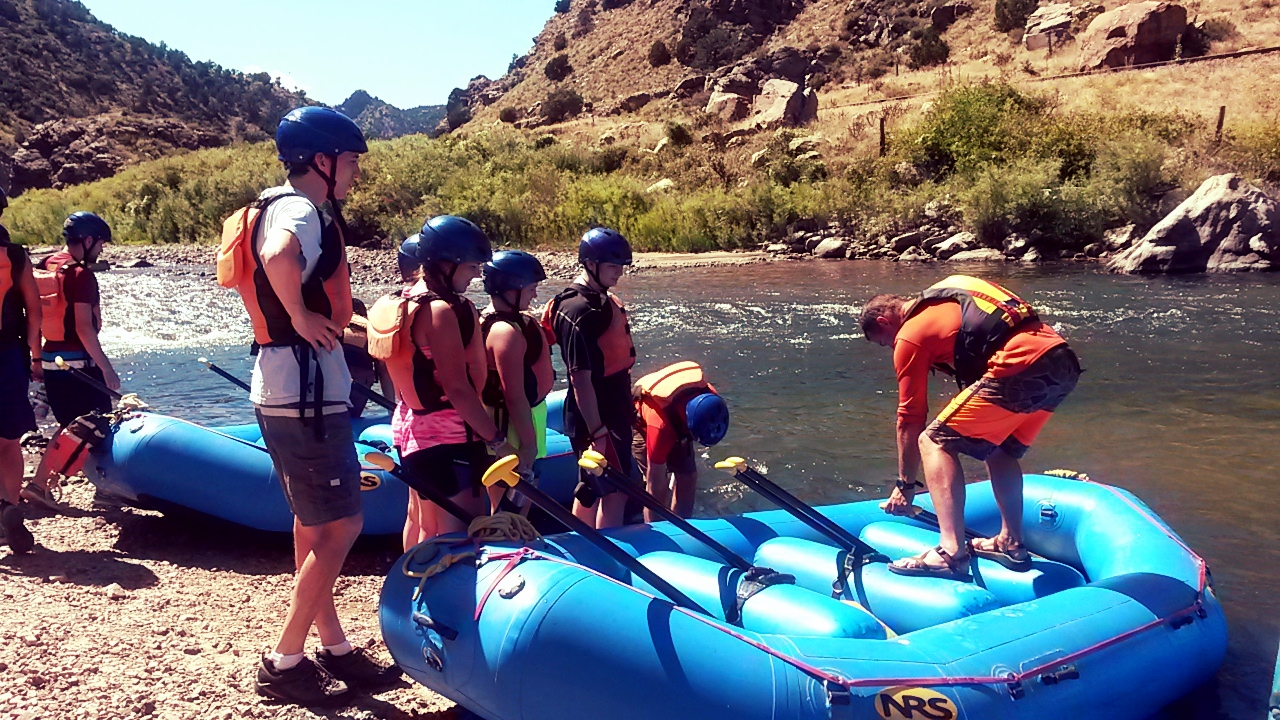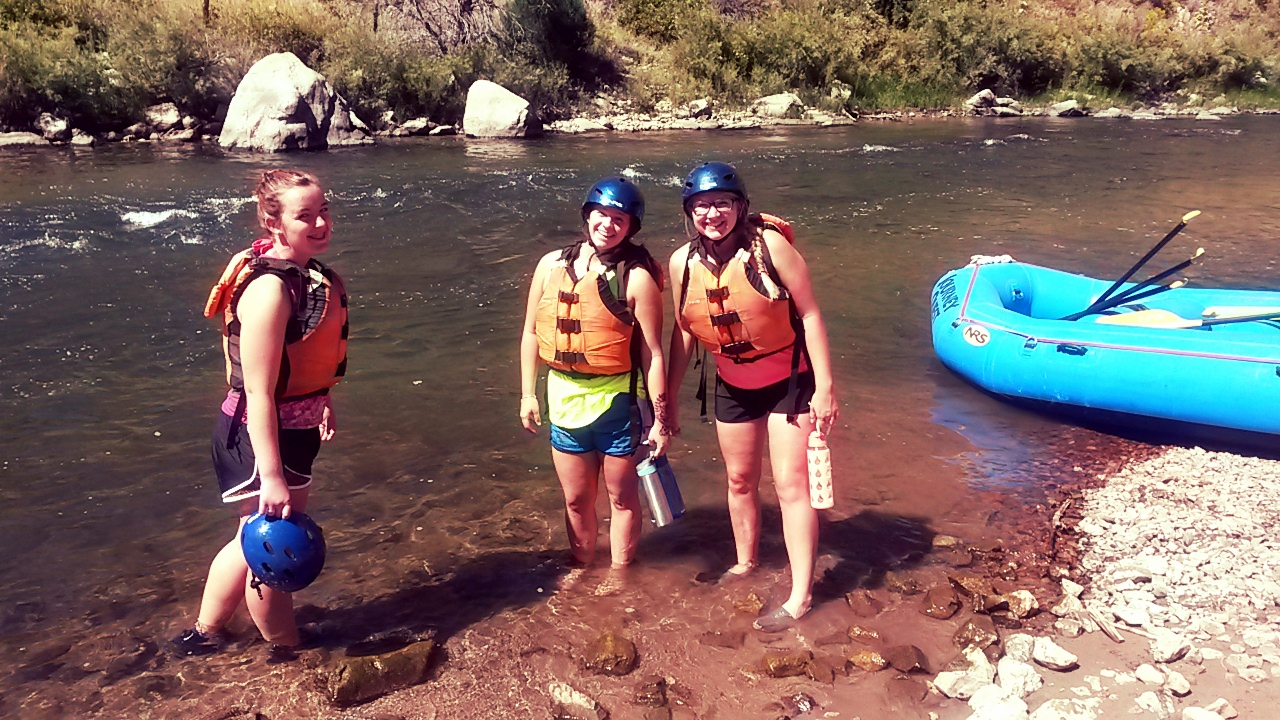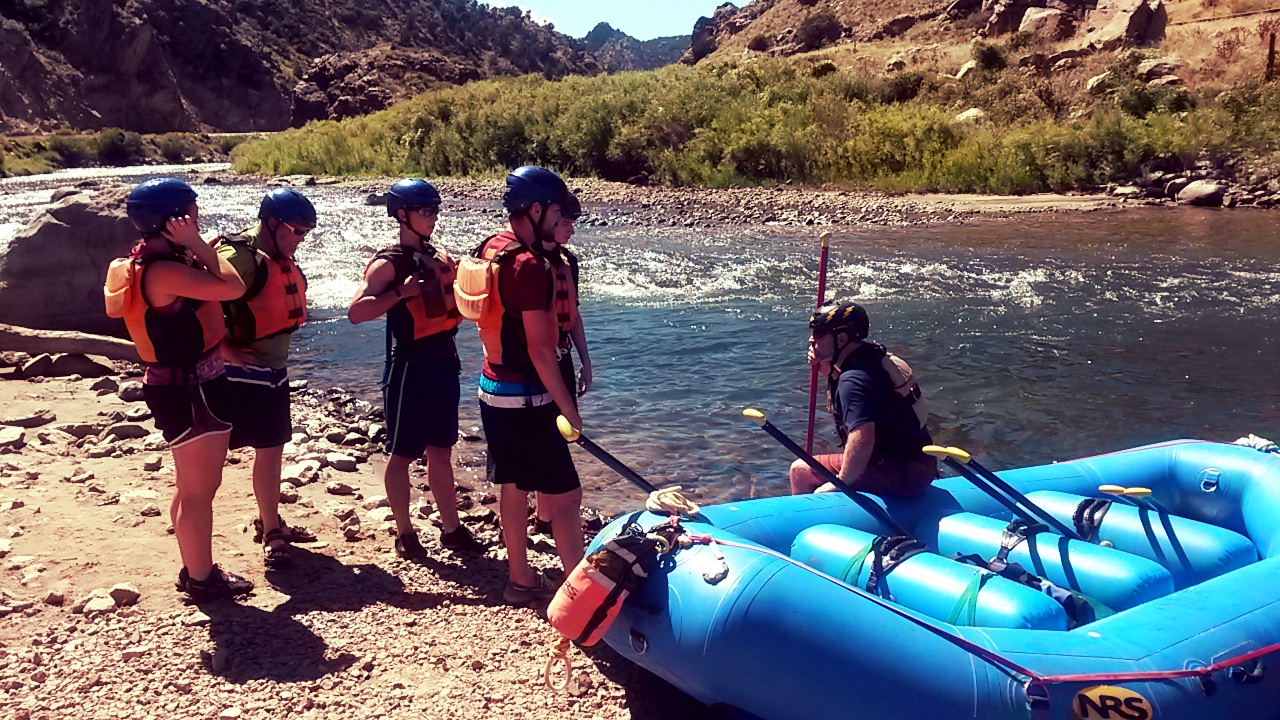Great Sand Dunes National Park: A Practicum in Servant Leadership
/One day, when the Apostles were bickering about who should be considered the “greatest,” their enigmatic teacher turned their worlds upside-down: “The kings of the Gentiles lord it over them; and those who exercise authority over them call themselves Benefactors. But you are not to be like that. Instead, the greatest among you should be like the youngest, and the one who rules like the one who serves” (Luke 22:2526). Talk about a paradigm-shift!
Today, we're still wrestling with that paradigm-shift at Worldview at the Abbey. Christ calls His followers to die to themselves and imitate Him—to look for ways to serve others instead of lording it over them. The Lord of the universe served us even unto death on a cross! We need to be serious about the business of serving others.
In my experience, one of the best ways to teach the biblical concept of servant leadership is through wilderness adventures—especially camping and hiking. Teachers can talk about serving until we're blue in the face, but the sin nature is stubborn. It's easy for students to hear about servant leadership while still practicing subtle forms of selfishness—perceiving themselves as the center of the universe and viewing everyone else as on the periphery. But life in the wild makes such a position untenable!
This weekend, Worldview at the Abbey camped at Great Sand Dunes National Park near Alamosa, Colorado. Our students had a wonderful time, hiking up Mosca Pass to almost 10,000 feet above sea level, climbing in the sand dunes (you can't really appreciate how high those dunes are until you're trudging up them!), and splashing in Zapata Falls. But they also learned, in a practical way, how to serve their classmates.
Camping is a stretch for everyone. You might be good at building fires or pitching your tent, but you might also be a lousy cook. Those who can carry lots of firewood might not be so good at boiling water. We find places where we are weak and places where we are strong. And suddenly we're not at the center of the universe anymore.
If the team wants to get on the trail at nine in the morning, then those who are good at cutting potatoes need to cut the potatoes, and those who are good at building the fire need to build the fire. Every team member needs to look around and see where he can serve the team. Is your tent-mate wrestling with the rainfly? Help him out. Do you see that someone forgot to fill their water bottles? Fill them up. You can only move when your team is ready to move, so you need eyes that see how to help your team.
Granted, there could be some selfish motives involved here. But the principle is firm: the team benefits when you notice and serve. The team spins its wheels when you stay at the center of your universe.
And as odd as it sounds, a big part of serving is simply noticing. Once we get in the habit of looking at other people—really looking—and seeing where they struggle, we've put ourselves in a position to serve. The Spirit will still have to lead, but we've opened the door. We'll never serve well if we don't notice where service should happen.
This principle holds true on the trail. Are you a faster hiker than some of your teammates? Well, you can set the pace and walk them into the ground in the first mile— preventing everyone from making it to the top—or you can notice when people need a rest or a slower pace or a sip of water. You can serve them by putting their needs ahead of your own need to show how fast you can hike.
As I mentioned earlier, the whole team made it to the top of Mosca Pass. Everyone! Which tells you all you need to know about the lessons learned this past weekend. Our students took big strides toward practicing servant leadership. We can't wait to see them living this sort of life every day in the dorm!
By Jeff Baldwin




















